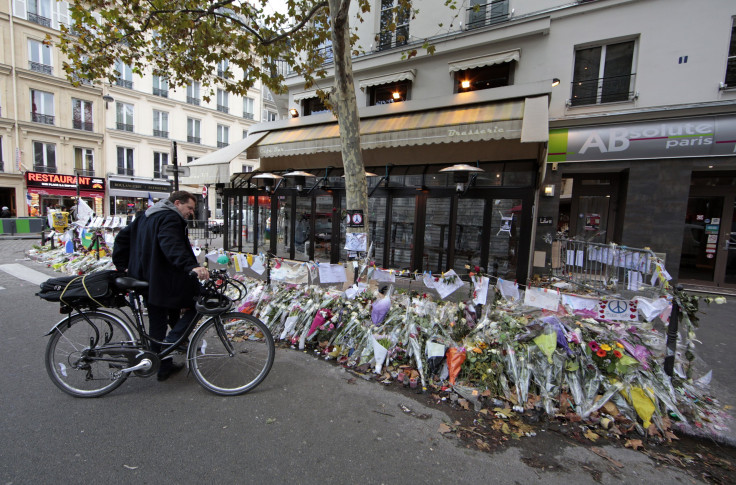Far-Right Eyes Big Gains In French Regional Elections

PARIS (Reuters) - France goes to the polls in high-stakes regional elections on Sunday, just three weeks after deadly Islamic State militant attacks in Paris that could bring strong gains for the far-right National Front.
Security will be beefed up at polling stations in the capital where militants killed 130 people by shootings and suicide bombs on Nov. 13, the worst attacks since World War Two.
The National Front (FN) may lead in as many as six out of 13 regions after the first round on Sunday.
Like other anti-immigration, anti-Europe parties across Europe, the FN is also likely to benefit from worries over the refugee crisis to win at least one region, and possibly more, in a conclusive run-off on Dec.13, opinion polls show.
Even winning one regional council would be a major victory for the FN which has never had control of such constituencies.
"After the Nov. 13 attacks we saw a clear increase in support for the National Front," Ifop pollster analyst Jerome Fourquet said. "Everything is adding up for (it) to make an unprecedented score."
The vote may redraw the political landscape, making French politics a three-way race as it gears up for 2017 presidential elections after decades of domination by the Socialists and conservatives.
The Socialists, who now rule France and control most regions, are set to lose most councils to either ex-president Nicolas Sarkozy's conservatives or the FN, despite a boost in President Francois Hollande's popularity ratings from his handling of the attacks.
Sarkozy, who just a few weeks ago was hoping for a landslide victory that would boost his chances for 2017, faces a smaller victory than expected for his Republicans party because of the FN's growing popularity, opinion polls show.
The key question as soon as polling stations close at 8 p.m. (1900 GMT) and results start trickling in will be whether the Socialists, seen coming third behind the FN and the Republicans in regions which the far-right could win over on Dec.13, will pull out of the race to try to keep them out of power.
The two regions where the FN is most likely to win are the north, where FN leader Marine Le Pen is a candidate and the south-east, where her niece Marion Marechal-Le Pen is a leading contender.
Long content with attracting protest votes, the FN has changed strategy since Marine Le Pen took the party over from her father Jean-Marie in 2011, seeking to build a base of locally elected officials to target the top levels of power.
Voter turnout this Sunday and next will also be key in regional polls that are usually spurned by about half the electorate both because of their complex two-round system and a lack of understanding of their role in France's multi-layered administrative structure.
French regions rule over local transport and economic development as well as high schools and vocational training, with beefed up powers after a reform that cut their numbers from 22 to 13. But in centralized France, their role is far smaller than that of their powerful German or Spanish counterparts.
© Copyright IBTimes 2024. All rights reserved.





















